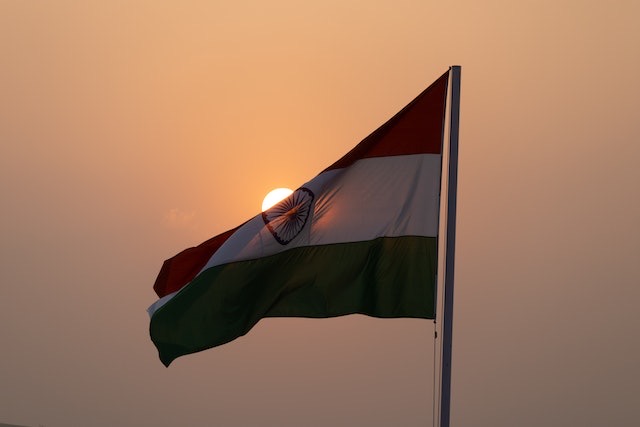In recent years, Washington’s growing affinity for Indian Prime Minister Narendra Modi has become increasingly evident. Both nations have fostered closer economic and strategic ties, marking a significant shift in their relationship. However, it is crucial to scrutinize the consequences of this embrace, as it raises important questions about human rights, democratic values, and global politics.
Prime Minister Modi’s rise to power in 2014 brought a wave of optimism for economic development and progress in India. His promises to modernize the nation and eliminate corruption resonated with many. The United States saw an opportunity to strengthen its presence in a rapidly growing market and form a strategic alliance to counterbalance China’s influence in the region.
Nevertheless, this blossoming friendship between Washington and Modi’s government comes at a price. Critics argue that the US has turned a blind eye to the human rights abuses and democratic backsliding under Modi’s leadership. From the controversial Citizenship Amendment Act to the clampdown on dissenting voices in Indian-controlled Kashmir, there are legitimate concerns about the erosion of civil liberties and religious freedom.
Journalistic research techniques play a crucial role in uncovering the truth behind these allegations. Investigative journalism is essential to shed light on the ground realities and provide an accurate account of the situation. Journalists must seek out firsthand testimonies, corroborate facts through multiple sources, and ensure that their reporting adheres to the highest standards of journalistic ethics.
While the United States and India share common interests, it is imperative for Washington to maintain a principled approach when engaging with foreign leaders. This includes holding them accountable for their actions and safeguarding the values that the United States upholds. Human rights and democracy should not be overlooked in pursuit of short-term gains.
As journalists, we must be vigilant in our reporting and challenge the narratives that overshadow the darker aspects of Washington’s embrace of Modi. Our duty is to foster informed public discourse and encourage readers to critically analyze the implications of such alliances. By doing so, we contribute to a more balanced and nuanced understanding of international relations.
It is time for Washington to reassess its relationship with India and ensure that the pursuit of economic interests does not come at the expense of fundamental rights and democratic values. By holding leaders accountable, the United States can demonstrate its commitment to a just and equitable world order.
As the world evolves, so too should the ethical considerations that guide our journalism. In a rapidly changing global landscape, it is essential to remain steadfast in our commitment to truth, transparency, and the pursuit of justice. By examining the price of Washington’s embrace of Modi, we can contribute to a more informed and responsible public dialogue.











